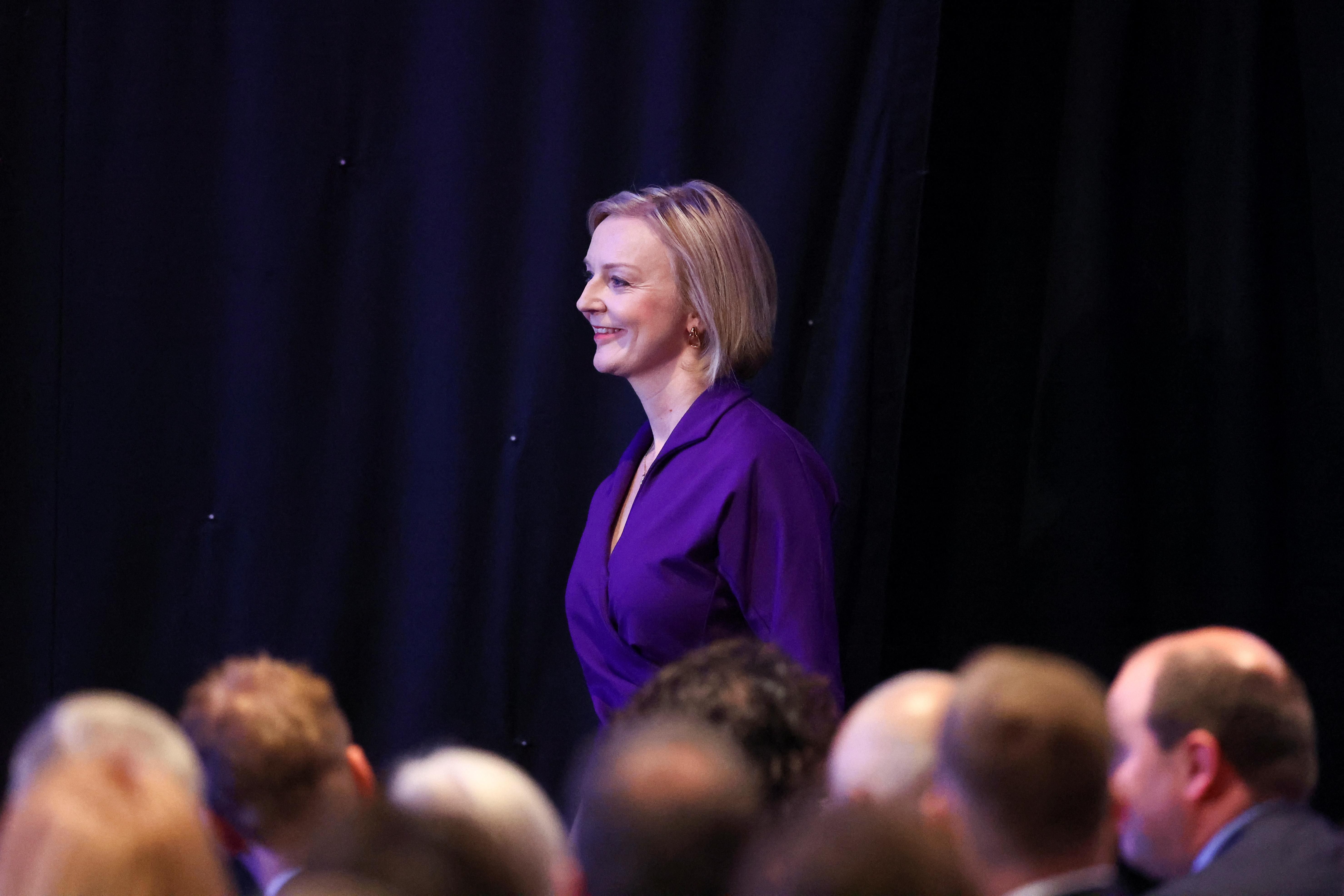Meet the UK's new PM
As expected, UK Foreign Secretary Liz Truss won the Conservative Party leadership race on Monday and will become the next British PM, replacing the disgraced Boris Johnson. Truss — a political chameleon who's popular with the Tory base — beat former Chancellor of the Exchequer Rishi Sunak, a moderate technocrat, by a comfortable margin of 57% of party member votes. She now faces tough challenges at home and abroad. First, a looming recession compounded by a cost-of-living crisis and an energy crunch. Truss, who fancies herself as a modern Margaret Thatcher, plans to announce big tax cuts and perhaps a temporary freeze on energy bills for the most vulnerable Brits — which her economic guru has warned would be fiscally irresponsible. Second, a likely collision course with the EU over the Northern Ireland protocol. Brace for rocky times ahead as Truss tries to convince Brussels to renegotiate the post-Brexit trade deal, which scrapped a hard border between Northern Ireland, part of the UK, and the Republic of Ireland, an EU member state. (No surprise then that Brussels is hardly looking forward to her moving into No. 10 Downing St.) On Tuesday, Truss will travel to Scotland to meet with Queen Elizabeth II, who as per tradition will ask her to form a government at the monarch's Balmoral summer residence.
Chileans say "no" to new constitution
On Sunday, Chileans gave a resounding thumbs down to the new constitution planned to replace the current Pinochet-era charter. Almost 62% of those who voted in a referendum rejected the proposed text, which would have expanded the role of the state in the economy, recognized Indigenous rights, enforced gender parity in public institutions, and required the government to protect the environment. Although more than three-quarters of Chileans voted in October 2020 to get a new constitution, this draft failed to get majority support because many viewed it as too complicated, long (388 articles), and above all progressive. The "no" victory is a major blow to leftist President Gabriel Boric, a big supporter of the referendum whose approval rating has plunged since he was elected five months ago. Boric now says he wants to call another constituent election; to do that, though, he'll need to negotiate in Congress with the center-right opposition, which will leverage the result to influence the process. Still, Chileans may have turned down this charter, but the popular appetite for a new one hasn’t died down — and politicians dragging their feet could lead to social unrest like the 2019 mass protests that triggered the first referendum.
Trump gets his "master"
Challenging the ongoing Department of Justice investigation over his alleged obstruction of justice, Donald Trump scored a legal victory on Monday, when a federal judge granted the former US president's request to appoint a “special master” – a third-party arbiter – to decide if any of the documents seized by the Feds when they searched his Mar-a-Lago residence are covered by executive privilege. (The DOJ opposes this on the legal grounds that the highly classified records, including many labeled "Top Secret," don’t belong to Trump.) Judge Aileen Cannon — appointed by the former president and confirmed by the Senate just days before the 2020 presidential election — wrote in her judgment that while there was no sign of "callous disregard" for Trump's constitutional rights, among the documents taken on Aug. 8 from his Florida residence were some of the former president's medical and tax documents, and that warrants a “brief pause” in the investigation. The order will delay the DOJ’s probe at least until Friday, the deadline set for both the prosecution and the defense to propose their candidates for arbiter.More For You
Who decides the boundaries for artificial intelligence, and how do governments ensure public trust? Speaking at the 2026 World Economic Forum in Davos, Arancha González Laya, Dean of the Paris School of International Affairs and former Foreign Minister of Spain, emphasized the importance of clear regulations to maintain trust in technology.
Most Popular
The president of the tiny eastern European country has suggested possibly merging with a neighbor.
Hard numbers: US pitches “New Gaza,” Japan paves way for snap elections, “Sinners” smashes records, & More
$25 billion: The minimum amount of investment required to fulfil Jared Kushner’s ambitious property plan for Gaza.
Who decides how much control a country should have over its technology? Speaking at the 2026 World Economic Forum in Davos, former UK Prime Minister Rishi Sunak discussed the balance between national sovereignty and global interdependence.
